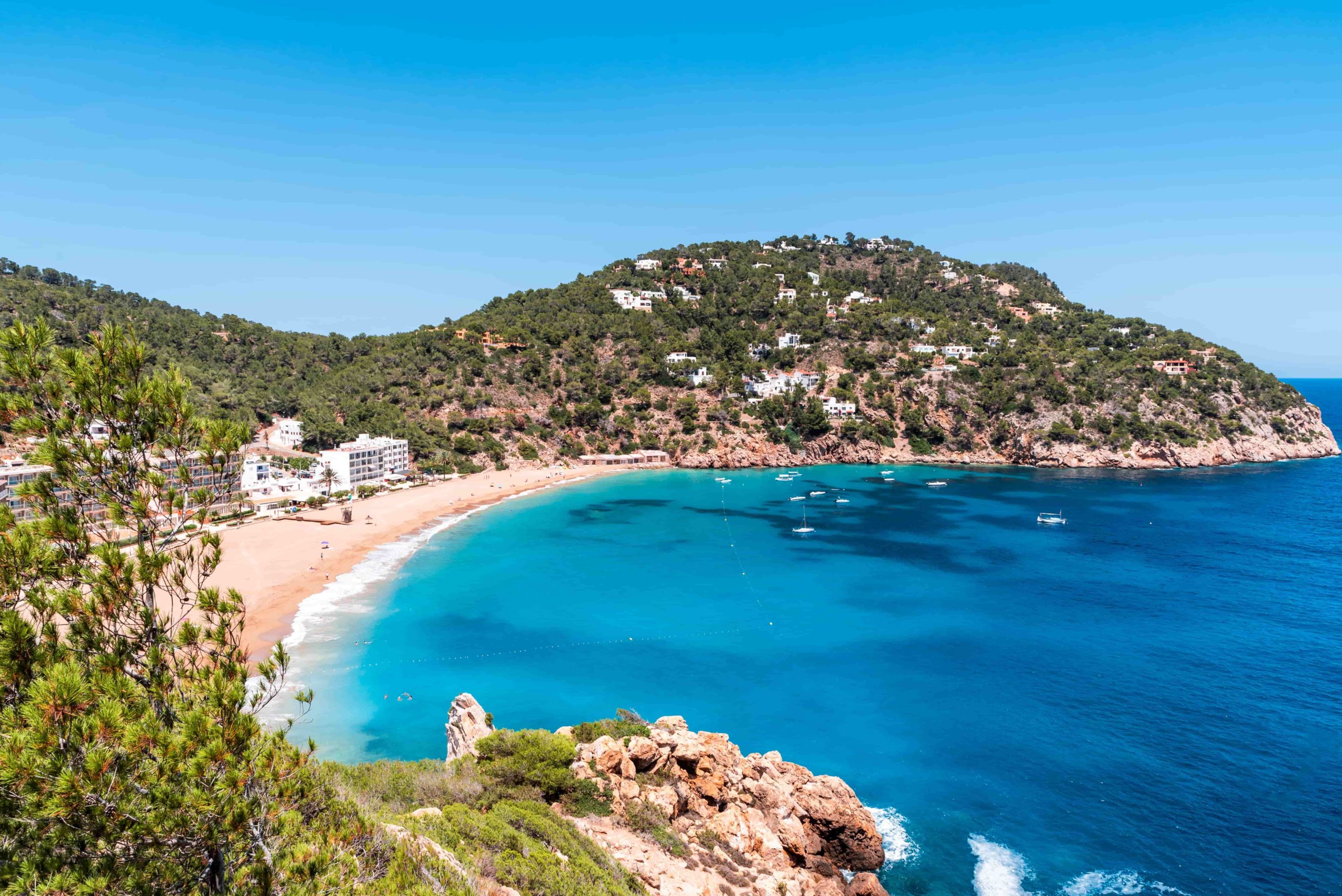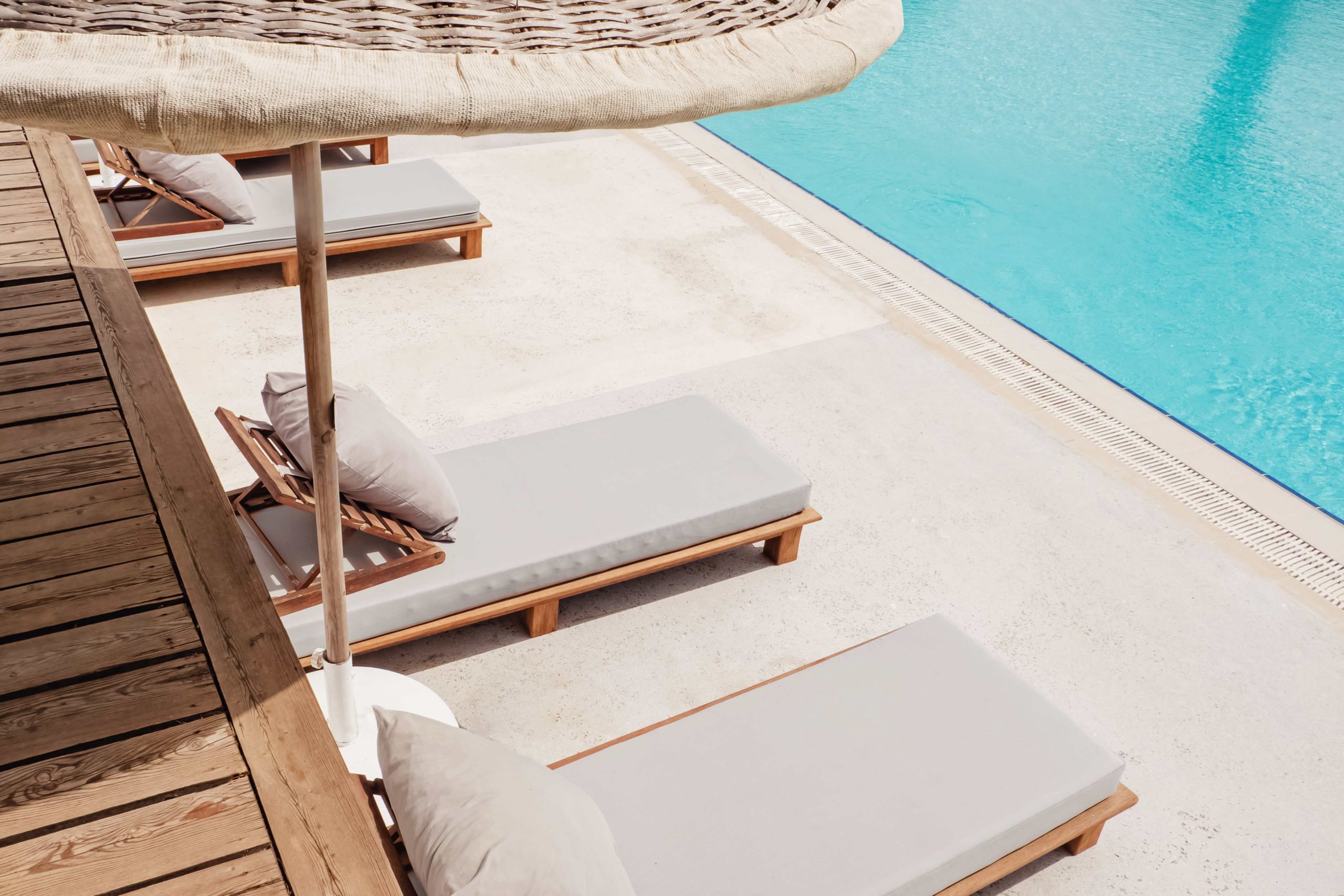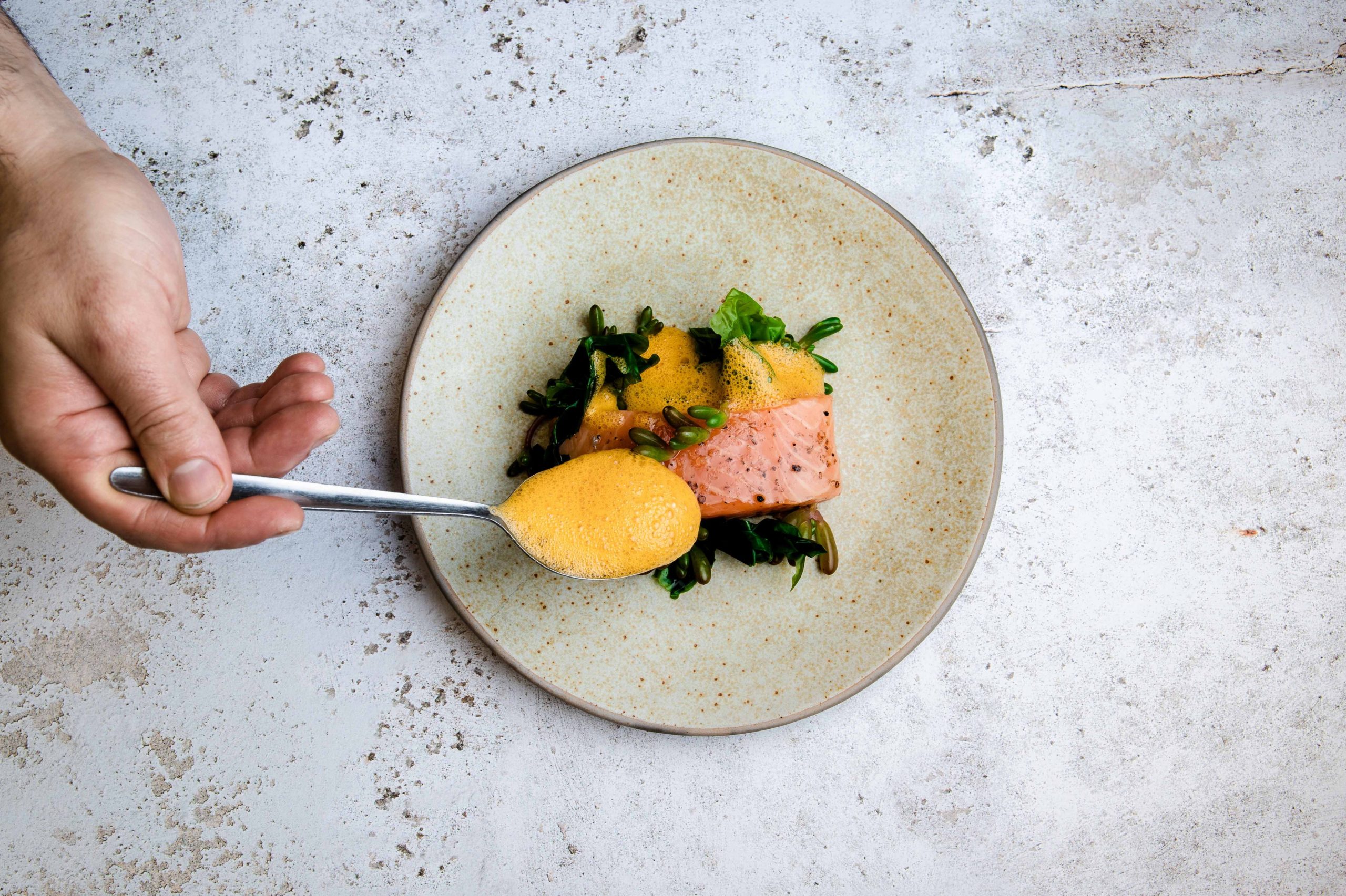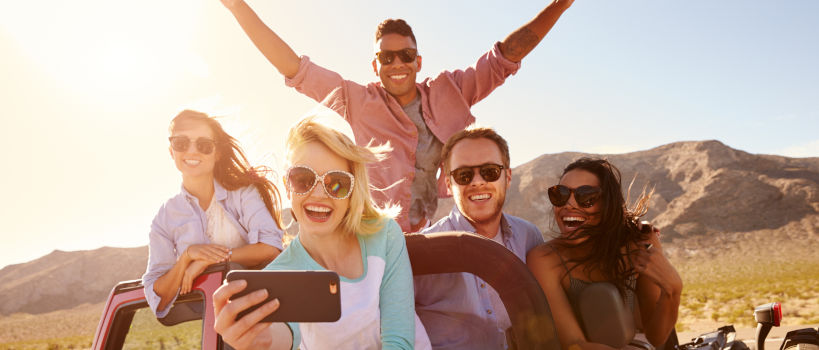When a company has to decide the market segment to focus on, it is very important that the company is up to date with the latest news and trends that arise among the consumer groups.
In order to define our target audience, we should develop the buyer persona, that consists in conducting a detailed description of our potential client based on its demographic data, its behaviour and its motivations. In this way, it will be easier to know what they need and what they expect of our company to guide our actions and, thus, satisfy and surprise them.
In one of the latest projects that we developed at the hotel factory, we analyzed current different types of travellers and we divided them in three big groups: Business travellers, Leisure travellers and Long-stay travellers. In the first group, Business travellers, we find:
According to a study of Amadeus, within the branch of bleisure seekers (those who, although they travel mainly for work reasons, take advantage of any free time to discover the destination), are the Obligation Meeters. Their journey is due to a professional event. They are high-tech users, so they look for flexibility and the possibility of working remotely. When booking their trip, they prefer simple booking systems with flexible options of cross selling. Furthermore, it should be noted that they usually are loyal to a brand.
- Connected Novice

Connected Novice, which appears in an article published by AccorHotels, are men and women between 22 and 44 years old, that travel from 3 to 7 times a year. They also belong to the bleisure branch, with the particularity that they extend their stay to discover the destination. Moreover, they plan their trip through their smartphone and share their experiences on social networks.
A study made by Horwath HTL, identifies the Digital Nomads’ profile as people that work remotely by using technology from anywhere. For this reason, they need coworking spaces at the hotel where they stay. Furthermore, they choose hotels that organise events to favour the socialization of guests and locals and which have a wide range of F&B, with the possibility of contracting full board. They also value facilities such as gym, shared kitchen, game room, cinema or library.
In the second group, Leisure travellers, we discovered very different profiles:
According to an article written by TecnoHotel, the cultural traveller has the intention of discovering new cultures, from heritage to gastronomy. It is a segment formed mostly by men with a high level of education, concerned about the environment and sustainability.
However, it is interesting to note that cultural traveller is fond of specialised blogs. These travellers are used to traveling alone and booking directly with the company after comparing prices. Furthermore, they prefer booking independent services, they have a higher budget and stay longer than the average.

The same TecnoHotel’s article mentioned before defines the hyper connected traveller as one that wants to know new places, with an extremely digital profile and is up to date with the latest trends. This group is formed mostly by men with a medium level of education, who want to keep their healthy lifestyle during their holidays.
This type of traveller prefers brands that provide an exclusive and personalised service. Moreover, it is very active on social networks, where they share their day to day and trips. As the cultural traveller, the hyper connected traveller travels alone and uses price comparison sites. Nevertheless, they book in advance and chooses dynamic packages. Regarding their hotel preferences, this traveller values that payment is made easy and exclusive service & products.
After reading several reports written by Destination Analysts, Expedia and Travel Bulletin, we have concluded the following. Millennials are mainly women from 21 to 36 years old that travel for leisure around 4 or 5 times a year with their parents, friends, alone or with their partner.
The reasons that motivate them to travel are reducing stress and living exciting experiences, especially if they can share them on social media.
Millennials are, by definition, sociable. so they want to mix and live experiences with locals. In addition, it’s a group that has a preference for companies with responsible and sustainable values. Furthermore, they are willing to pay for wellness and fitness services the hotel may offer.

- LOHAS (Lifestyle of Health and Sustainability)
Several articles written by Cognodata, Life Time and the Danube Competence Center analyse the features of this type of travellers. The LOHAS characterized by choosing a sustainable lifestyle based on health and care of the environment. They also define themselves as Tech savvys, that is, they use technology and their smartphones in all phases of their holiday.
Their purchasing power is high and they travel alone or accompanied by their friends or couple. The length of their stay is short and they look for cultural experiences and destinations that offer programs that help keep the psychophysical balance. Furthermore, they value hotels that offer organic food, natural products and nutritional supplements.
Finally, our last group of travellers: Long-stay travellers, those who search for an accommodation that offers enough amenities and shared services that favour a long stay (minimum 6 days). The reasons that justify their journey are professional, need for medical treatment or temporary accommodation during the refurbishment of their home. They may also be students that are looking for accommodation. According to an article in The Economic Times, these travellers prefer hotels with complete facilities that make them feel at home and with a wide and personalised offer of F&B.
Finally, after analysing all these profiles, we discovered that there is a generalised trend in keeping a healthy lifestyle while travelling, both in their workout routine and in their eating habits. Moreover, we believe that travellers increasingly value companies that are responsible with the environment.
As we mentioned at the beginning of this post, knowing needs and preferences of potential clients and, thus, developing the buyer persona, is crucial for companies that look for updating the concept of their hotels, especially when there are more and more segments that demand specific services. At the hotel factory, we are up to date with the news and changes that arise everyday in the hotel industry and, for this reason, we can assess our clients in the development of their buyer persona. In addition, we have an extensive experience in hotel conceptualization and transformation, so we can advise in the development of new concepts, from smart investment to complete repositioning.








